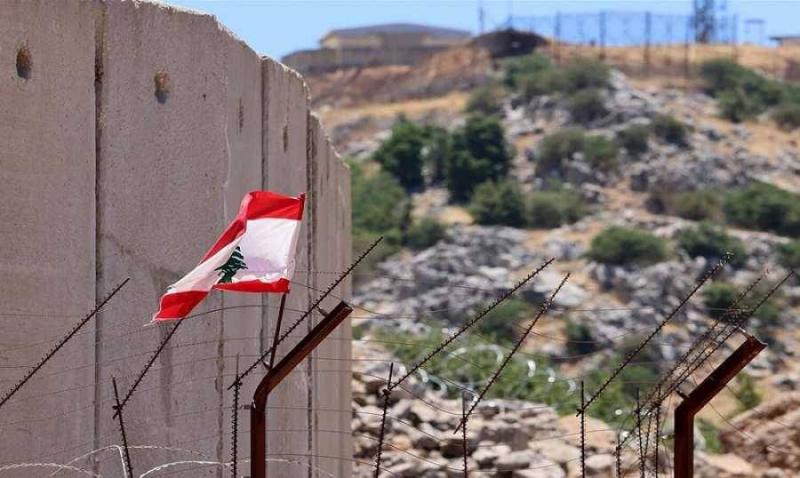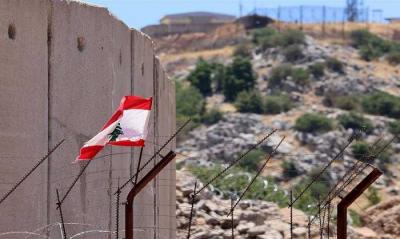As the movement of international delegates towards Lebanon continues, along with discussions among brotherly and friendly countries concerned with the Lebanese crisis on its political and military fronts, it serves as a source of hope that this country is not abandoned. A responsible Lebanese official told "Al-Anbaa" that the international interest in Lebanon and the numerous envoy movements aim for two things: First, a message to Israel that Lebanon cannot be targeted as Gaza was; Lebanon is not Gaza, and Hezbollah is not Hamas. Second, a reassurance to the Lebanese people that there will not be a wide-scale war against Lebanon. This is the summary of the visit from the Vatican’s second-in-command, Cardinal Pietro Parolin, stating that Lebanon will not be struck, destroyed, or returned to the Stone Age.
The official added that the Vatican's priority is the election of a president for the republic, urging Christians in general, and Maronites in particular, to expedite this process. Parolin explicitly told political interlocutors that the absence of a president means Lebanon is an incomplete state, in addition to protecting Lebanon from any Israeli war and delivering a warning message to Israel against waging war on Lebanon. Notably, Parolin mentioned that disunity is tantamount to suicide.
It was striking that the Lebanese Forces and Phalange parties were absent from the top leadership level at the Bkerke meeting. Hence, his call for unity is not merely about going to Bkerke but about electing a president, as the topic of Christian division often resurfaces during presidential elections.
The official remarked that the international community still treats Lebanon as an existing state, and the Vatican has its own diplomacy that involves consulting with the strongest players in the region, namely the United States, as well as France regarding Lebanese matters. Whenever ambiguities arise in the Vatican and conflicting messages are received, they tend to send an envoy. This time, it was someone with high rank, being second to the Pope. Following Parolin's visit, there will be follow-up actions after the ambiguity regarding the presidency has cleared, allowing him to convey the true situation to the Pope, especially since Lebanon is not considered an ordinary state by the Vatican.
The official pointed out that in the Vatican's view, the most important Christian component in the region is in Lebanon, where there is a Christian president whose role is not merely to focus on Lebanese Christians but to protect Christians in the region through distinguished relations with Arab brothers. The Vatican believes that Christians have a meaningful role in the Middle East that they must fulfill, be it political, economic, or cultural. This perspective puts them in a state of readiness and anticipation for the presidential elections, as Christians in the presidency are the weakest due to their lack of unity. Without a presidency, they cannot look after themselves or protect Christians in the region, putting the Christian community in a state of confusion.
The official emphasized that calls to Christians are to avoid division, as their significance lies in coexistence and joint governance with Muslims. From this particular viewpoint, the Vatican is always in favor of dialogue and against division, according to “Al-Anbaa” Kuwait.




